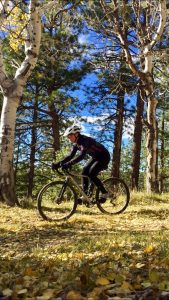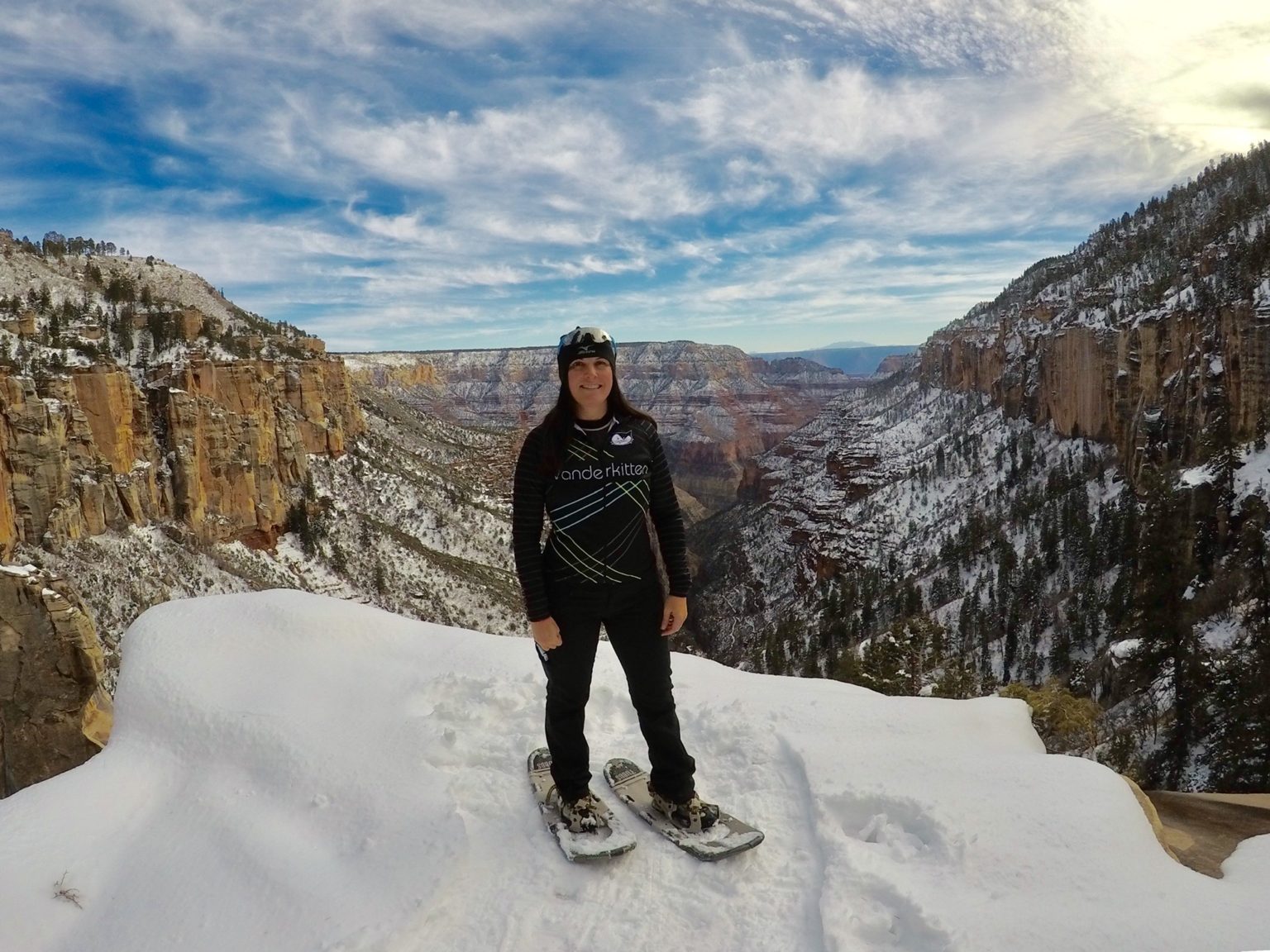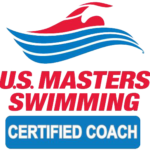by Emily Hansen
As with most difficult situations, it’s impossible to see the way out when you’re in the darkest of night. So how does one navigate the treacherous waters of self-doubt and depression? Most of us don’t actively prepare for tragedy. We don’t read up on how to deal with heartbreak and loss because we don’t anticipate it. Sure we know it’s bound to happen, that’s part of life right? But we don’t actually spend precious time equipping ourselves for unforeseen challenges. How then do we get through them?
I recently watched a TED talk by Alex Honnold, the climber featured in the documentary Free Solo. He talked about the years of prep work that went into his attempt at the unthinkable – a free solo climb of El Capitan. Early in his climbing career he got really lucky and successfully free solo’d Half Dome and said he never wanted to be that scared again. The meticulous detail that went into his preparation for El Cap is remarkable. He basically memorized his route after practicing it over and over and over. He literally removed obstacles from his path to prevent danger to himself and others. He was so focused in his pursuit that he went to great lengths to ensure his success.

Of course any athlete can apply these principles to their endeavors. Practice, practice, practice. Approach the problem from every angle. Imagine all possible scenarios and be prepared to problem solve. But can we also apply these principles to personal challenges? Why not? What are the essentials that sustain us through a variety of trials? How can we shore up those resources for the unexpected?
What’s my gut reaction to bad news?
Who do I call first?
What do I fear?
Where do I feel safe?
Denial. Fear. Anxiety.
My sister. My coach. My lover.
Loss of mobility. Loss of health and activity.
At home. With family.
How do I combat the fear and anxiety? By cultivating resources who are proven to support and calm me.
How do I cultivate relationships to lean on? By living authentically and sharing life with encouraging people.
How do I deal with physical ailments? By finding alternatives and taking courage in small steps.
How do I stay mentally strong? By being vulnerable and letting friends speak truth to my situation.
We don’t always know that we are building these foundations in our lives until the time comes when they are tested. We connect with friends over the years and cling to relationships that make us feel good, that touch our souls. It isn’t always obvious that certain lessons have taken hold, that truths are rooted deep within us. But when everything around comes tumbling down and all that’s left is the basement, you will see what remains. That doesn’t mean there won’t be moments of sorrow, sometimes days, or weeks of mourning and frustration and hopelessness. But when the raw emotions pass and it’s time to take action, the strength will arise. The mental toughness developed over years of athletic training and intentional personal development did not vanish when I crossed an Ironman finish line. It is still inside me, carrying me through longer times of struggle. Compared to months and months of physical pain and uncertainty, the challenge of a 12 hour triathlon seems insignificant. I may not have the physical fitness to compete in a race right now, but I’m competing on another level, the battlefield of the mind.
When I received the news last week that my broken shoulder did not heal one teeny tiny bit since my mountain bike accident in April, I was surprised, and disappointed, but I wasn’t totally rocked. I have somehow managed to do a heck of a lot of awesome adventuring the last 6 months despite my bones being completely broken and non-functioning. I day hiked rim to rim through the Grand Canyon. I backpacked the Yosemite wilderness. I mountain biked to fire towers in the Sierras. I became a Park Ranger with very physical job requirements. I moved my Airstream to California and back to Arizona. I was certified as a Wilderness First Responder. If I knew I was broken I may not have let myself attempt any of that. But I was under the impression that I was healing and just worked through the pain. Now that I know I did it all anyways, I feel stronger than ever. Yes, I will have the surgery and let it heal properly and deal with the long term effects of having a metal clavicle. But I will approach that recovery phase with renewed strength because of what I’ve already come through.
So what are my takeaways? Practice, practice, practice. That doesn’t mean exercising physically, but keeping my mind sharp, and in tune with what I’m doing, how I’m succeeding, and how I can improve. Imagine a variety of scenarios and make alternative plans. If I can’t run, find a bike ride/race to keep me motivated to train. If I don’t get a job at the Canyon, find ways to invest in a new community to learn as much as I can for the next job. If I can’t make it to the annual family beach trip, plan to enjoy time with my sister and her kids while I recover from surgery.

Overall I could look back on 2018 and feel like it was a series of failures and disappointments. But where would that leave me? Probably pretty depressed. Instead, I can now look back on it as a series of opportunities to exhibit perseverance and strength. I see flexibility, and determination, and hope.








